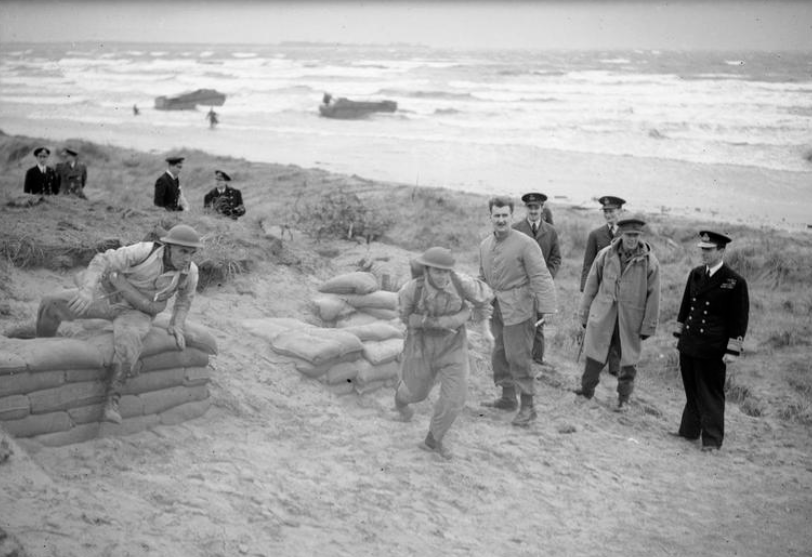Multiple unexploded items wash up on Scottish beach
Irvine Beach (Ayrshire) has been the scene of several recent UXO finds. MOD bomb squads have carried out a number of controlled explosions over the past few months.
The identity of each device has not been reported, however they are unlikely to be German bombs.

UXO Contamination at Irvine Beach
Amphibious warfare training took place at Irvine Beach during WW2. Immediately east of the beach, the Royal Navy’s HMS Dundonald combined operations base was home to many different military units. The allied Armies based in England during WWII wanted to create training exercises that closely simulated the real thing. As such, they often used live ammunition during military exercises at coastal training areas. Inevitably some items failed to function, creating the legacy of unexploded ammunition we see today.
Mitigating the risk of UXO
If your ground works are taking place in a coastal location, Brimstone would always recommend carrying out a Stage 2 Detailed UXO Risk Assessment prior to breaking ground.
Keep up to date with Brimstone UXO by following us on Facebook, Instagram, Twitter, LinkedIn and YouTube.